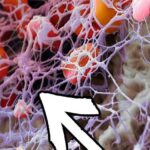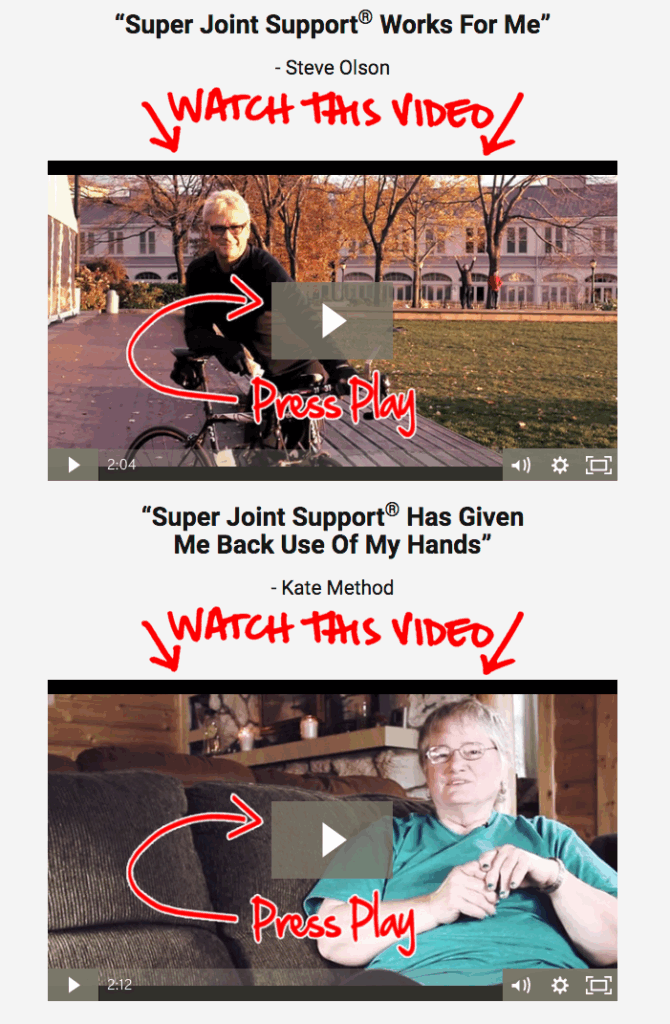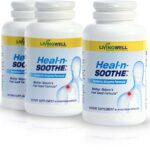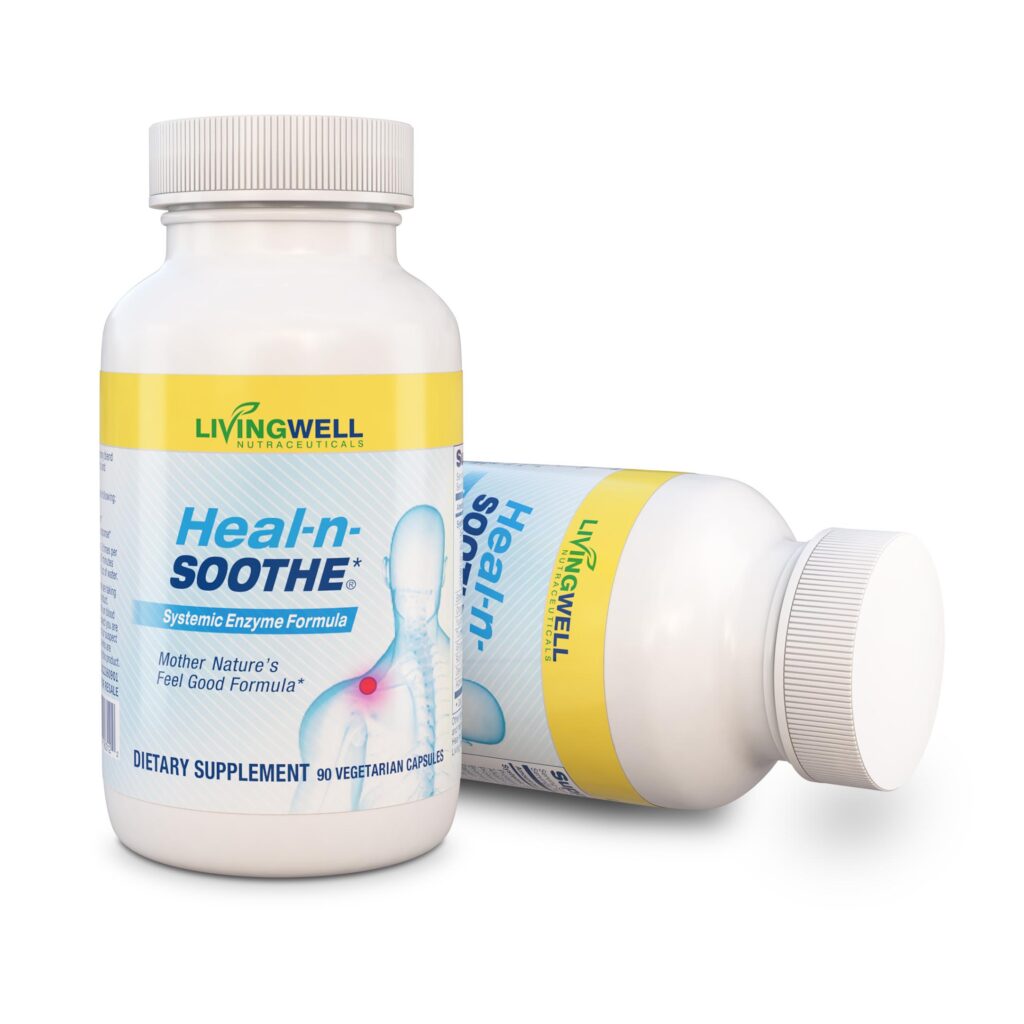Lower back pain is a problem that plagues millions of people worldwide. It can result from poor posture, poor conditions at work or injury to the area. However, just because it is a problem a huge percentage of people will suffer from at some point in their lifetime, doesn’t mean there aren’t any solutions for it.
There are a wide range of treatment options depending on what’s causing your back pain.
Article Con’t…
Alternative Treatments
• Acupuncture began in China and is becoming more popular as a method for relieving lower back pain. It involves inserting several needles into the affected area and leaving them in for 20 to 30 minutes. Studies have shown this process helps the affected area heal by prompting your body to release endorphins and other healing chemicals.
• Herbal remedies can also help, but should be used with caution. Some herbs can interfere with prescribed medications and you shouldn’t embark on an herbal course of treatment without first discussing it with your doctor. Some herbs that may help with low back pain include capsaicin cream, which can take a long time to be effective so patience is key when trying this method; devil’s claw, which is used to treat inflammation and pain; and white willow bark, which is where aspirin originally came from.
• Massages have also been found to be very effective at treating lower back pain. They help to release muscle tension, and since most low back pain is caused by tension and strain in the back muscles, massages are an excellent natural way to help ease the pain.
• Heat and cold therapy works on the principal that supplying injured muscles with more oxygen and nutrients helps them heal faster. Hot and cold temperatures encourage your body to flood the affected area with oxygen rich blood, which rushes essential nutrients to the injury. The Healthy Back Institute offers a range of heat pads which use infrared technology to penetrate deep into the affected areas more effectively than a typical heating pad.
Medications
There are a variety of drug options for back pain sufferers. Over the counter medications like acetaminophen – Tylenol – are excellent pain relievers, but don’t do much when it comes to reducing inflammation. Over the counter NSAIDs (non-steroidal anti-inflammatory drugs) will help reduce swelling and help with pain. Drugs like Aleve, Ibuprofen and aspirin are common NSAIDs.
Some prescription medications that are effective at treating back pain include muscle relaxers that will help soothe tight or strained back muscles, anti-depressants that help block pain messages from the brain, and for extreme cases drugs like morphine and codeine can be taken under close doctor supervision.
Exercise
Exercise can be a big help for those with low back pain. It’s actually been shown that staying inactive for too long after a back injury can make the injury worse, by adding joint pain and stiffness to the problem. Light to moderate activity can help keep muscles in shape, and help strained muscles stay loose. Simply pulling your knee to your chest can help loosen painful back muscles and provide some relief in the short and long term.
Inversion Therapy
One thing that’s starting to gain popularity for back pain is inversion therapy. It involves getting on a specialized device that turns your whole body upside down, helping your spine to be realigned. This is an excellent solution for those with spinal compression problems, as when your body is inverted gravity helps relieve the pain and pressure in unwanted areas. The Healthy Back Institute offers a number of inversion therapy tables to suit your budget and needs.
For more on lower back pain therapy or additional ideas for relieving low back pain, visit losethebackpain.com today. The professionals at the Healthy Back Institute promote less pain and more life. Consult them to start freeing your body from low back pain!






